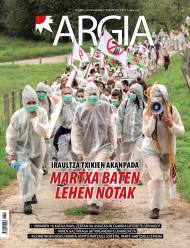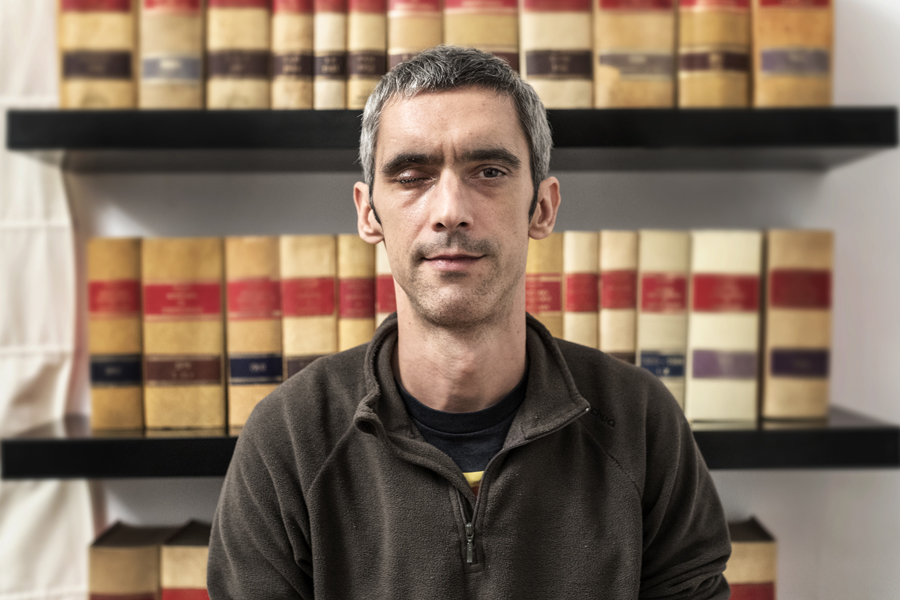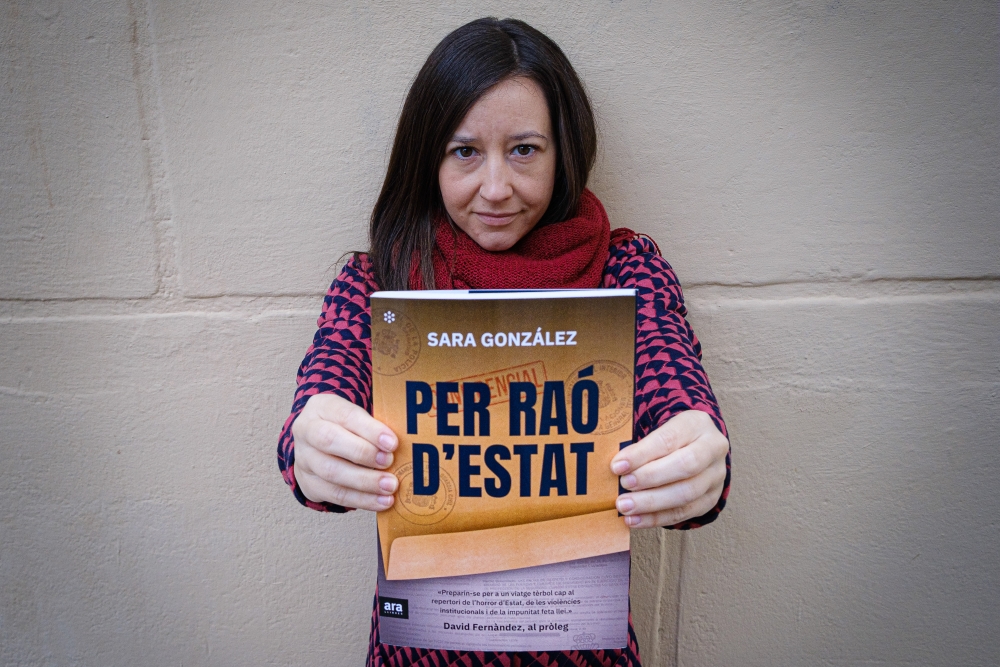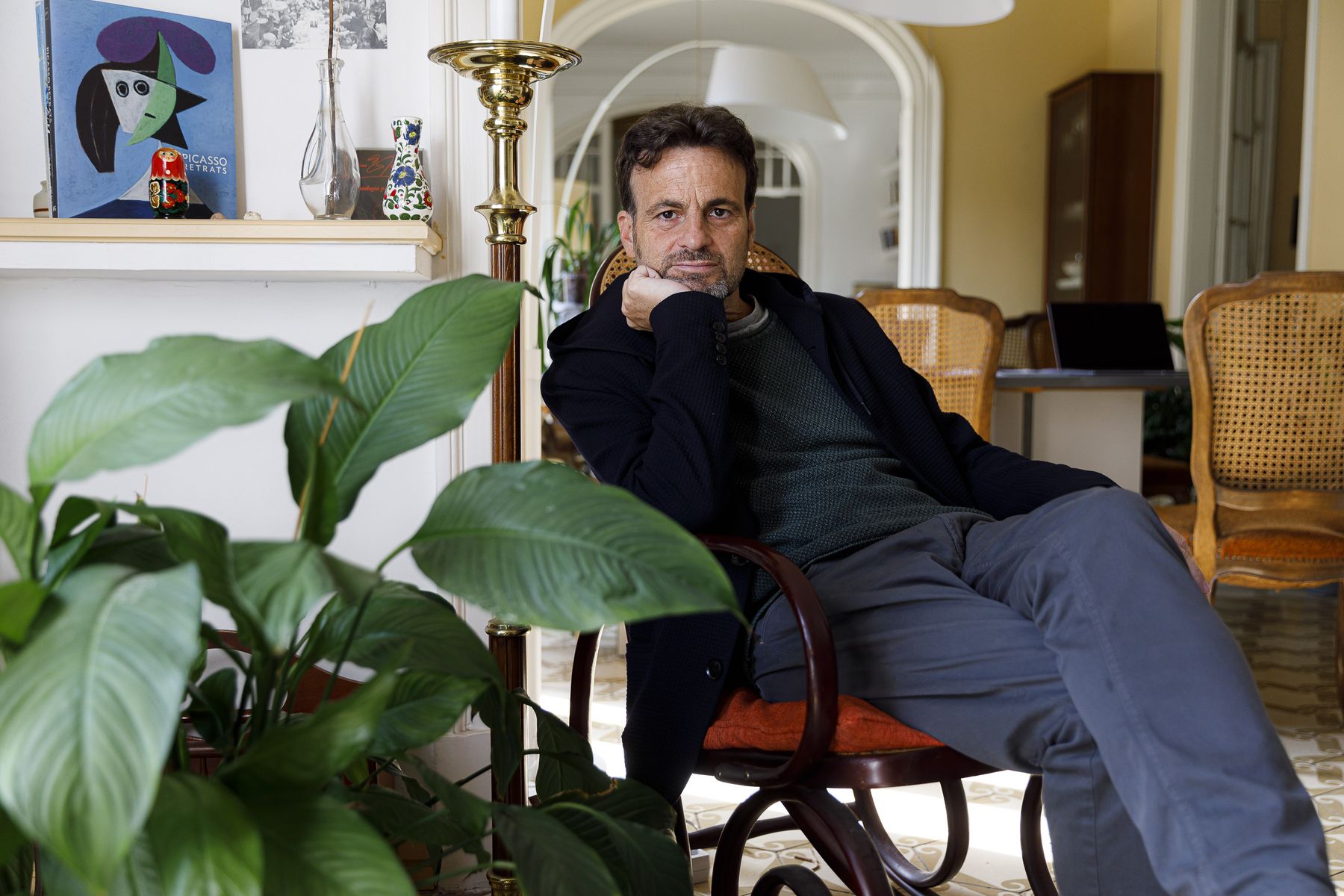A year later all open
- It has been a year since Txarango welcomed the referendum campaign with the slogan “ho tindrem tot i es parlarà de vida”. Last day 365 we have seen many memorable moments but few advances: Imprisonment of the presidents of the ANC and Òmnium, referendum, police violence, triumph of the yes, the largest strike since the civil war, a frustrated declaration of independence, the flight of the authorities “who had everything prepared”, imprisonment of the middle government, application of Article 155, elections of 21 December, suspension of Article 155, dance of the presidents invisible,
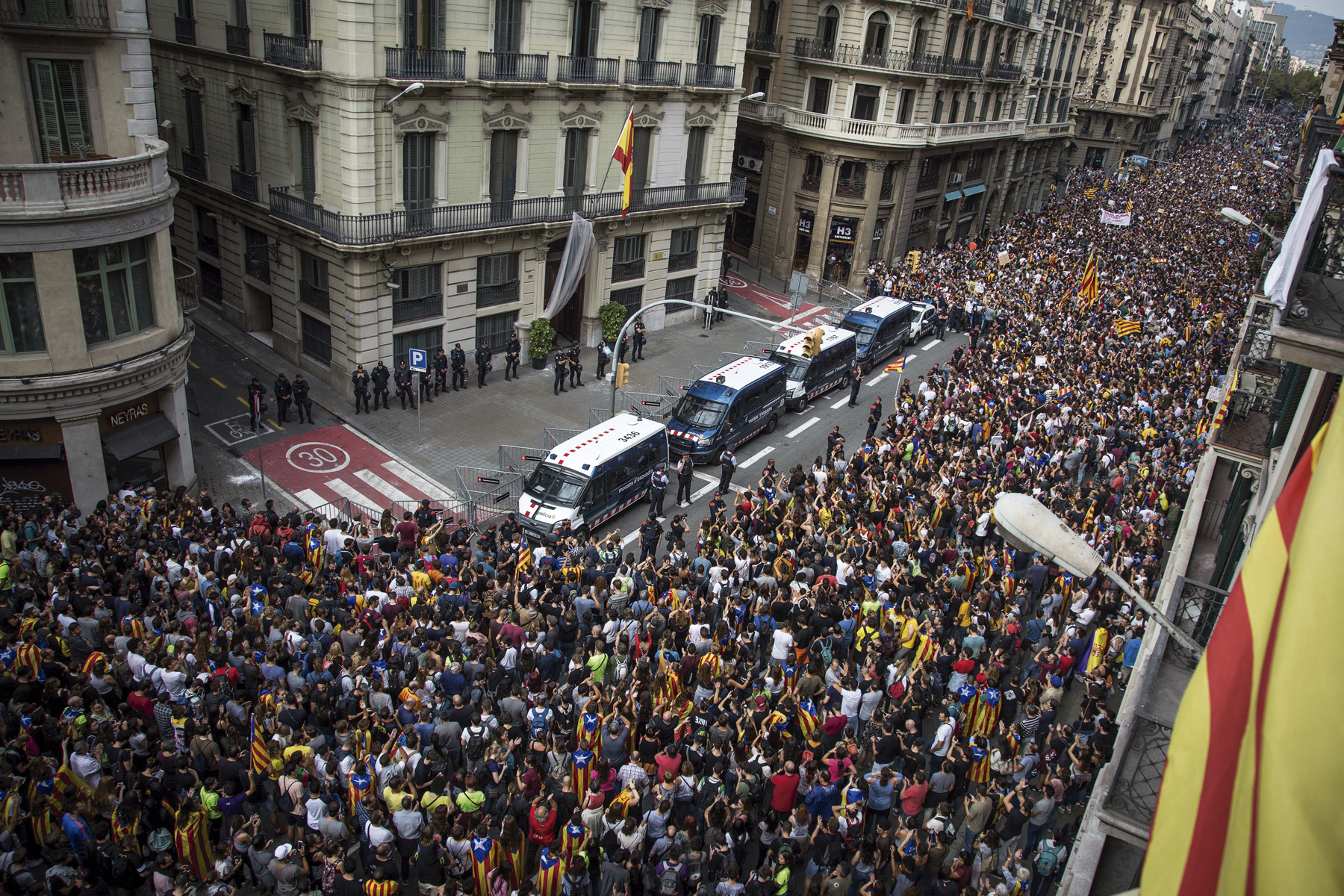
As we have had the Diada every year and as in the last ten years, a million people have met in the Barcelona Diagonal with the slogan “Let us make the Catalan republic”. There has been no time for boredom and calm over the last twelve months, but when you ask about this whirlwind of events, what stands out most is the lack of direction and strategy. Of that opinion is Maika Pintó, a 50-year-old housewife from the Raval district of Barcelona. This woman, who was always a CSP voter, approached CKD as the process progressed. On the day of the referendum, he was responsible for the secret collection of the ballot papers, and the CoR, under the call to occupy the schools to guarantee the schools, participated in the occupation of the Collaso i Gil school in Raval.
After the referendum, he quickly realized that “the members of the government were doing a lot of words, but few actions, and all they were looking for was to save themselves.” Faced with this situation, he began to attend the CoR assemblies of his neighborhood. None of them have failed, despite the fact that the lack of direction in recent months has led to a steady decline in participation. On 1 October several agents called for the reoccupation of schools to celebrate last year, but Pintó insisted that “we occupied the schools and did and won a referendum. Instead of schools, perhaps we should occupy the Generalitat to make the Republic a reality.” He has also denounced that “ANC and Òmnium are waging all the risky initiatives, because they do not want to lose the hegemony over the movement and merely call giant demonstrations.” Faced with this strategy, ask: “You’ll tell me what it’s good to be able to mobilize a million people if you limit yourself to a wave on the Diagonal.” After losing all confidence in the authorities, he stressed that "the people command and the government must obey the people".
The same as Iñaki García, a Basque from Barcelona for a long time, believes that it is the same. García is responsible for the historic libertarian meeting called El local de Barcelona and voted blank on 1 October. Asked about the teachings of those days, he stressed that one cannot believe in the political class and that “respectable” people will always try to steer the process down the “good” path, but on 1 and 3 October people learned that if they had decision-making capacity it was possible to confront the state and exercise popular will. And we're going to have another similar opportunity. When? Garcia is convinced that the people will rise again when the sentences of political prisoners arrive. It feels great disappointment in the people and has to overcome the contradictions constantly, but it seems to them that everything is open and that there can again be an overflow like that of October. And for that, the general strike will be a fundamental tool.
Maika Pintó:
“We occupied the schools and won the referendum. Perhaps we should occupy the Generalitat to make the Republic a reality at once.”
We have asked Ermengol Gassiot, Secretary General of the CGT trade union, about this workers' tool. CGT was one of the most combative trade unions called for the grand general strike on 3 October (together with IAC, I-CSC, COS and CNT). “Despite the fact that the procedural organizations, CCOO, UGT, the Generalitat and some employers’ organizations were committed to giving it the status of a people’s party, the strike was a tremendous success: 85% of the employees went on strike according to the INE, that is, 1.2 million workers, in the numbers of the CEOE.” Many have long talked about the need for a new general strike. In this regard, Gassiot points out that it is true that the ANC has recently mentioned its intention to make a new popular stop, but “they present it as a joint action between the employers and the unions that exploit us on a daily basis”. So it is very difficult for them to join a strike of this kind. In addition, “strikes are not a fetish, but a means to achieve something, and in this case it is not clear what the goal is.” And now what? It says that in the autumn of last year it was possible to take control of the state, but that seeing that they were losing control over the people, the Generalitat decided to put a brake on their hand. On the other hand, “everything seems to indicate that the procedural and unionist forces are negotiating the redirection of the situation and are rebuilding the inter-classism that on 3 October was shattered under the pretext of building an imaginary republic”. Gassiot sees that the opportunity to overcome the state and the economic powers is currently being lost.
The Catalan Pakistani Javed Ilyas Qureshi, who has been living in Santa Coloma de Gramenet for 25 years, is the president of the Association of Pakistani Workers of Catalonia. “In Catalonia we speak Catalan and there are no human beings who are illegal” can be read on the walls of the association. Qureshi denounces that “Pakistanis and the rest of immigrants suffer marginalization in all areas: education, work, health and the media, which distances them from local politics.” On 1 October he went to vote dressed as a wedding, with his wife and children, but he is a few Pakistanis in favor of independence, as 90% is against. He has denounced that the focus is often on linguistic issues and that immigrants find it somewhat strange and are therefore having a marginal participation in the process. He has insisted on the need to find a way to make them feel that the process also works, but differentiated from identity issues.
.jpg)
Another neighbor, called Llum, says the same thing. Like Pintó, this retired woman who is considered “a citizen of the world” has made the leap from PSC to independence. He went to vote in school on October 1, when he lived the violence live. And “even though Puigdemont and these right-wing people do not like anything,” as a result of the State’s actions “many people who until recently were not in favor of independence have become independentists.” It is unacceptable that people are in prison and in exile for exercising their political rights.
Another very important axis of this phase of the process is the repression and violence of violent groups as an instrument to intimidate people, to frustrate the will of the people and to blackmail politically. In recent months, the breasts and walls of Catalonia have been filled with yellow loops to denounce the dispersion of half government in prison and the other half in Europe and, summoned by the parties seeking to hide from this situation, the violent commands called Territorial Protection Groups (CAT) have been created to guarantee the “neutrality” of the streets and to cleanse them with freedom of expression. Both these groups, as well as the ultra-right and neo-fascist groups that go out to the demonstration on the streets of Barcelona, have provoked hundreds of attacks, backed by absolute impunity. When the trials arrive, they try to warm the atmosphere to justify the unsubstantiated allegations of rebellion. And the answer to that doesn't match all the agents. On 16 September, these Spanish groups organized a demonstration against Catalan in Catalonia. Some suggested turning their backs, but the organizers of the camp at Plaça Sant Jaume and the CoR called a rally so they wouldn’t let them enter the square and got it.
Laia Altarriba, director of the newly created newspaper Jornada, described the following in a column of recent days: “The key is to seek the strength and the time for us all to exercise again the right to self-determination, and on this occasion not to go back. Autumn will be fundamental.” We shall therefore see what brings us to the fall. What will the Parlament do with the Members suspended by Judge Llarena, including President Puigdemont? Give in or plant? Why is the trial going to go against political prisoners? Are they going to make political or legal defence? What path will the government parties take? The tax pact and the referendum agreed? What strategy will ANC and Òmnium draw? Will they remain linked to PDeCAT and ERC? What will CDR and trade unions do? Will they be able to dissociate the process from repression and bring it to the field of political rights? And, the most important question: What will the people do, that is, the street people who a year ago defended and supported with their bodies the exercise of the right to self-determination?
All the interviewees have stressed that the Valencian poet Vincent Andrés Estellés, “One day we will not be able to do everything and then we will be able to do everything”, he will return and on this occasion he will not be able to be handed over to the political leaders who kidnapped and frustrated the popular will. In the events of last year, people lived for the first time that they were able, with the capacity, facing state apparatus and the political and economic elites, to legitimize before legality. And that experience is not forgotten immediately.
Lau agenteak lesio-delituengatik ikertzen ari dira eta horrek galarazten du 2024ko amnistia aplikatzea. Polizia horietako batek, ustez, gomazko bala batekin begi bat zartatu zion Roger Español kataluniarrari.
Abokatua, aktibista soziala eta Espainiako Kongresuko diputatua da Jaume Asens (Bartzelona, 1972). Urtarrilaz geroztik, Pablo Iglesias ordezkatu du Unidas Podemos talde parlamentario konfederalaren presidentetzan. Abokatu gisa, giza eskubideen eta mugimendu sozialen defentsak... [+]









